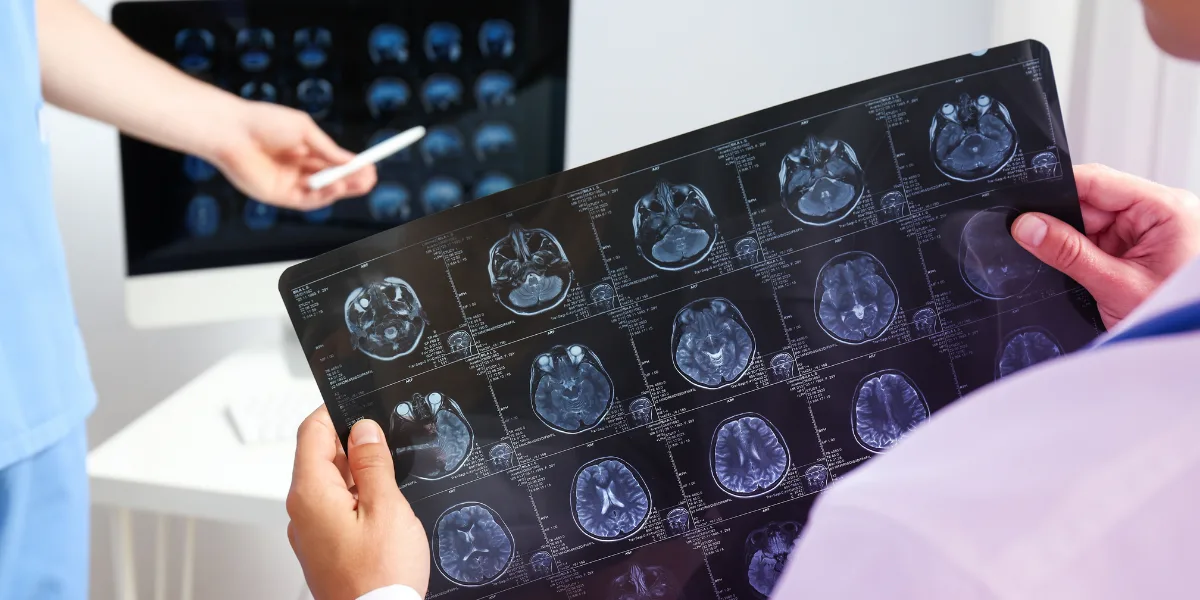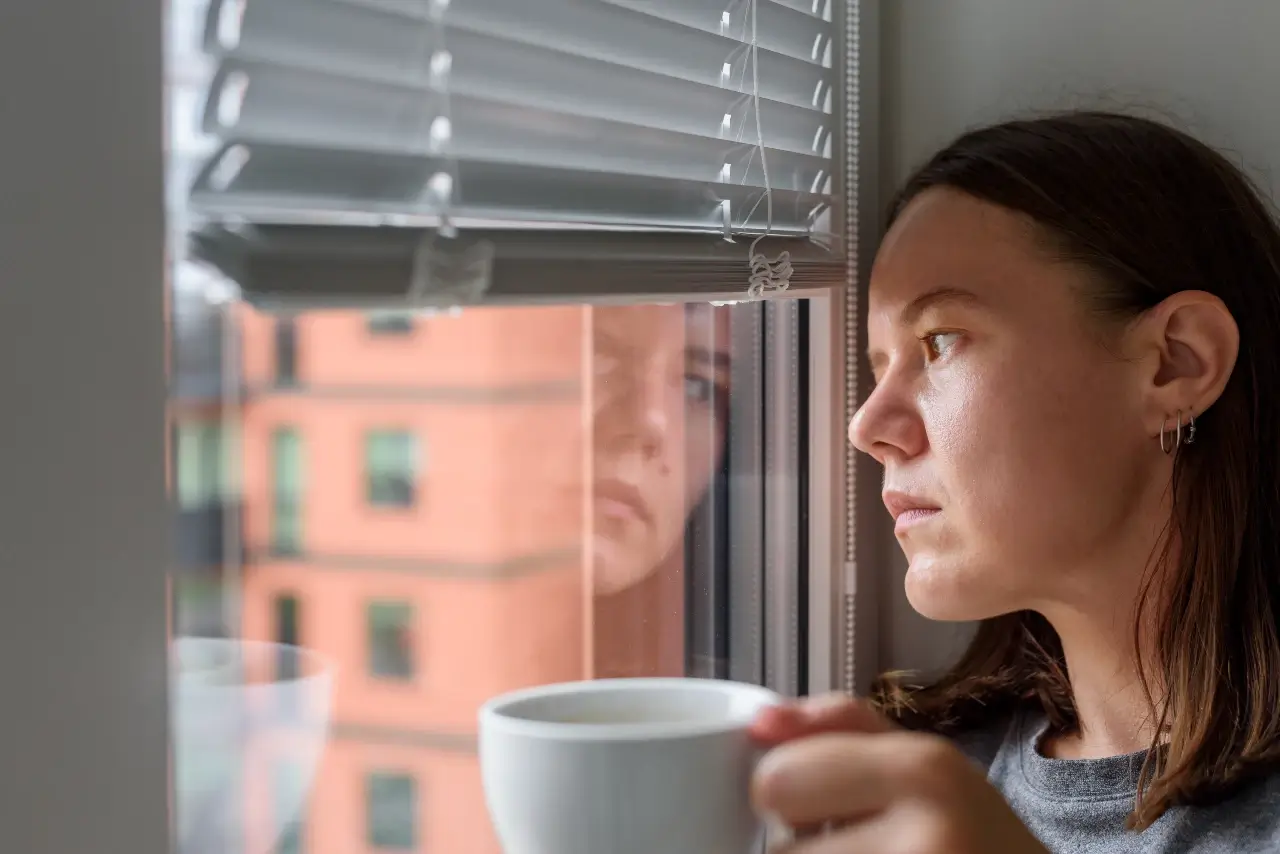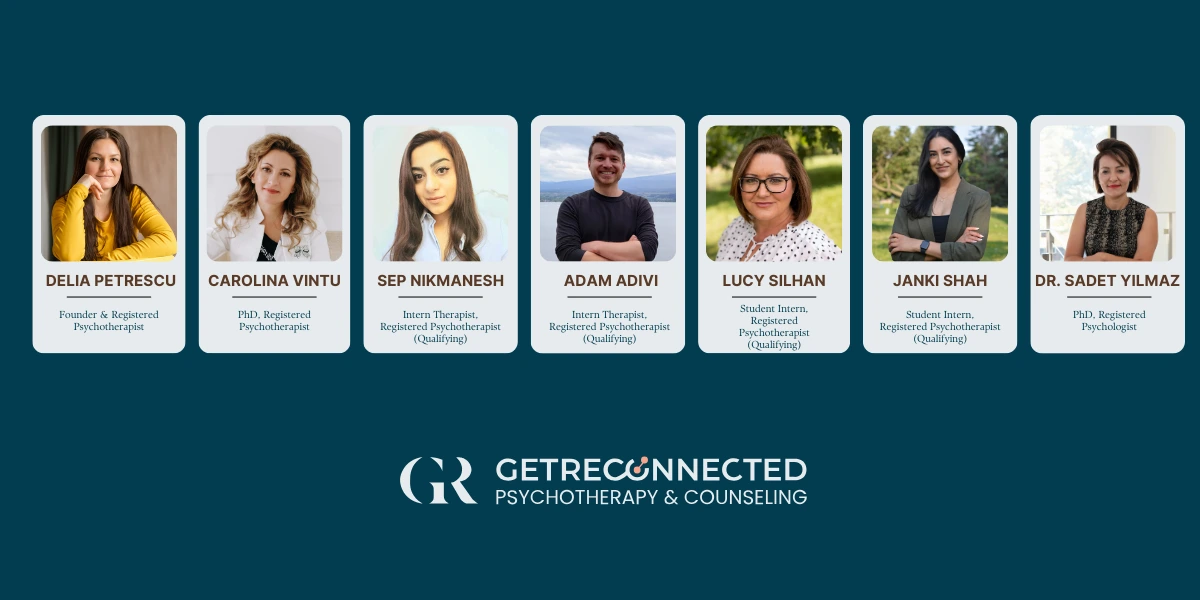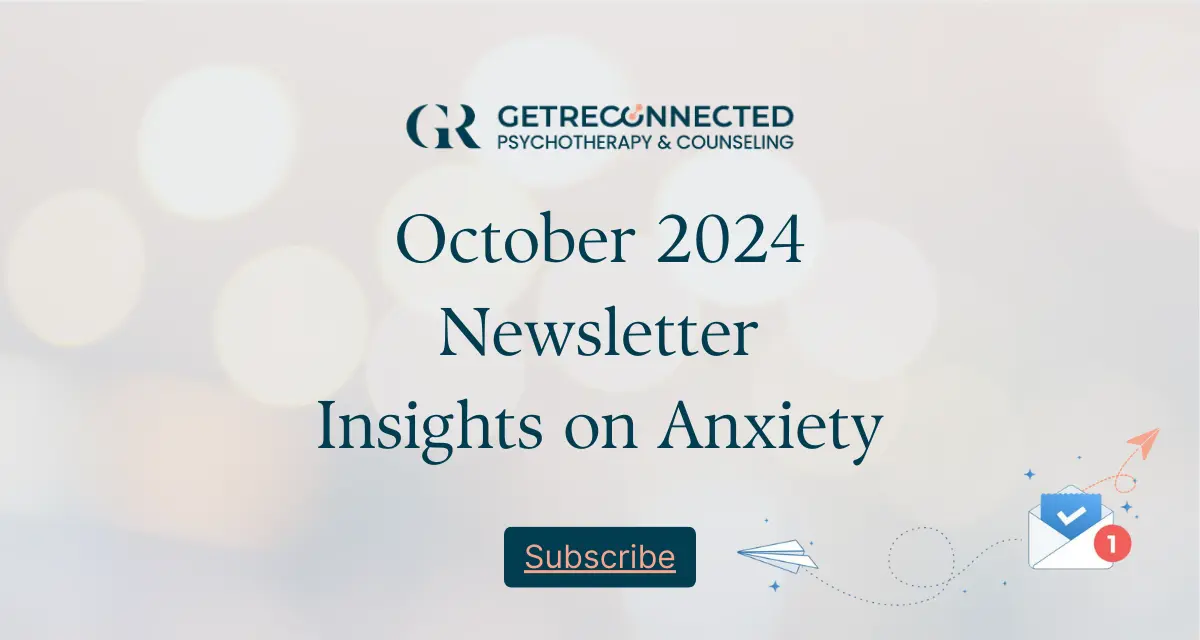We are happy to announce the start of our monthly newsletter, where we will be sending you interesting information and newest research in mental health.
This month, we’re sharing some intriguing research on how anxiety changes the way our brain works.
We’d love to discuss how these insights might relate to your experience and how we can support you.
Neuroimaging Study Reveals Different Brain Mechanisms in Anxious vs. Non-Anxious Individuals

Scientists have found that people with anxiety use their brains differently than those who don’t have anxiety. In anxious individuals, a part of the brain responsible for decision-making (the frontopolar cortex) is more active and strongly connected to the amygdala, the part of the brain that controls emotions like fear. This explains why anxious people may find it harder to stay calm in stressful situations. Understanding this could help create better treatments for anxiety in the future.
New findings reveal how emotion enhances memory for contextual details

Scientists have found that when we feel strong emotions, it helps us remember details around those events more clearly. For example, if something exciting or scary happens, we’re more likely to remember not just the event but also the small things around it, like where we were or who was there. This helps us learn from our experiences and make better decisions in the future. It also shows why emotional memories are so powerful and can help us understand how to use emotions to improve learning or recall important information in daily life. This happens because our brain is wired to focus more during emotional moments, which can explain why emotional memories often feel so clear.
Differences between stress and anxiety

In our blog, we explain how anxiety and stress are different, though they often feel the same. Stress usually comes from external pressures and tends to be short-lived, while anxiety can linger even after those pressures have passed. We outline the symptoms of each and offer practical strategies like mindfulness and relaxation techniques to help manage both. By understanding the differences, we can better address what we’re going through and take steps toward feeling better.
For more details, check out the full blog here.
About GR & Services + Team
At Get Reconnected Psychotherapy Services, we provide virtual mental health care to individuals across Ontario. Founded by Delia Petrescu, the clinic offers evidence-based therapy for a wide range of concerns, including anxiety, depression, low self-esteem, body image issues, burnout, infertility stress, relationship challenges, grief, phobias, ADHD, borderline personality disorder, among others. In addition to therapy, we offer comprehensive psychological and diagnostic assessments to help clients better understand their mental health needs. With our virtual model, clients can access care from the comfort of their homes, ensuring flexible and accessible support no matter where they are in the province.








